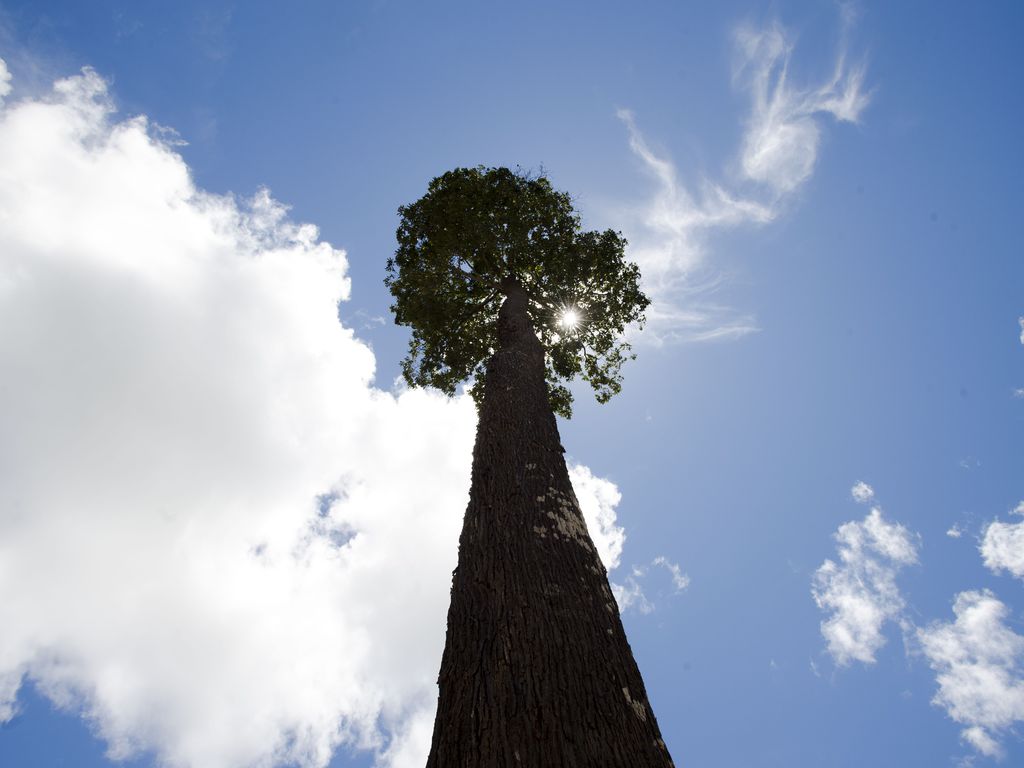Although they do not figure as agendas of the current government, biodiversity conservation and the fight against climate change have been the subject of works developed in several research centers and public universities in the country. This is the case, for example, of the research project “Environmental Policy Instruments and Value Chains: Multilevel Governance for Biodiversity and Climate Change in Brazil, Colombia, and Indonesia,” which begins to be executed in April 2021 and has the participation of the Universidade Federal Fluminense through the professor of the Department of Economics, Roldan Petros Muradian.
The study is the product of an international partnership between research groups that also includes the University of Antwerp (Belgium), the Leibniz Center for Agricultural Landscape Research (Germany), the Norwegian University of Science and Technology (Norway), Gadjah Mada University (Indonesia), Lund University (Sweden), and the Universidade Federal de Santa Catarina.
The central objective of the research is to investigate the implications of changing modes of governance of various value chains between three tropical countries (Brazil, Colombia, and Indonesia) and the European Union for biodiversity conservation and combating climate change in exporting countries. Roldan explains that value chains would be the commercial relationships between the different agents involved from the production stage to final consumption. These chains correspond to primary agricultural or mining products, cultivated or extracted in these three exporting countries and consumed in Europe. In the case of Brazil, the two products selected are gold and beef.
Environmental considerations can cause restrictions on exports from Brazil in various ways.
According to Roldan, “the export of goods takes place through ‘value chains’, which can be very complex and cross-national borders (and are regulated by different legal systems). The aim of the project is to study how these chains are governed by the very agents that participate in them. A supermarket in Europe, for example, may formulate environmental criteria to decide where to buy its products. One of these criteria may be, for example, that the goods have not been produced in areas of recent deforestation. This can positively or negatively affect the ability of some Brazilian producers to export to this foreign buyer, depending on where they operate,” he explains.
For the economist, the current dismantling of environmental policy in Brazil is viewed with great concern worldwide. “For a long period of time (2001-2014), the country was an example in the world with respect to public policies to reconcile economic, social, and environmental objectives. At that time, the country managed to have high economic growth rates, while at the same time decreasing social inequality and deforestation rates. A unique combination in the history of Latin America,” he emphasizes.
However, as the UFF researcher points out, as of 2014 there was a break in this trend, with a significant increase in deforestation, a process that has accelerated since 2018. “One of the central motivations of the project, inclusive, is the concern of many European consumers that they are not contributing to deforestation or the extermination of forest peoples in the country by consuming products exported by Brazil,” he clarifies.
This concern is currently translating into import restrictions by the European consumer. According to Roldan, “environmental considerations can cause restrictions on exports from Brazil in several ways. One is by jeopardizing the EU-Mercosur free trade agreements. Another is through boycotts of our products by European importers or consumers. This is in fact already happening. Many organizations have announced that they will stop buying Brazilian products produced in areas at risk of deforestation.”
Our role is to show the evidence, but that is not enough. Protecting the environment and the forest people needs a collective moral change. We have to change our collective way of being in the world
In addition, the continuous and progressive evolution of deforestation in recent years has reached critical points during the year 2020. “Unfortunately the pandemic has shown the possible dramatic effects of science denialism: thousands of deaths that could have been avoided in Brazil and the United States. There is an association between authoritarian political preferences and different types of denialism, against vaccines or climate change, for example,” points out the UFF professor.
The economist adds that the climate change denialism that currently dominates national diplomacy will most likely clash with the climate diplomacy of the current US government. According to the professor, “studying the social and psychological causes of denialism is one of the great current challenges for the social sciences. It’s not a Brazilian phenomenon. In France, the country where the illustration was born, half of the population declares itself skeptical of the COVID-19 vaccine. We are still far from understanding this worldwide social phenomenon”.
Diplomacy, transnational companies, and consumers outside Brazil play an important role in this whole scenario, explains the professor. “The dismantling of environmental policies can have a very negative effect on the performance of agribusiness. Paradoxically, this sector, which has traditionally positioned itself against the environment, is now getting closer to the environmentalists than to the government, because it knows that a bad image of the country, because of its poor performance in this area, can negatively affect trade agreements and exports. It is very worrying that the government has as one of its current priorities in its relationship with the congress the liberation of mining in indigenous lands”, he says.
Although the majority of Brazilians are against deforestation, according to recent polls pointed out by Roldan, this same majority would have voted for a political option that has always been against environmental protection. “Our role is to show the evidence, but that is not enough. The protection of the environment and the forest people needs a collective moral change. We have to change our collective way of being in the world,” he concludes.




